Diabetes is a chronic, long-lasting condition that occurs due to high sugar levels in the blood. It can happen at any age. Moreover, if you have a family history of diabetes, there are chances you may likely be hit by this condition sooner. Perhaps it can be controlled if taken care of properly.
A normal person’s diet must include intake of fruits, vegetables, lean protein, less sugary foods, and completely avoid trans fats. The same diet goes for a person with diabetes or any other health condition with some minor changes based on the individual’s activity levels.
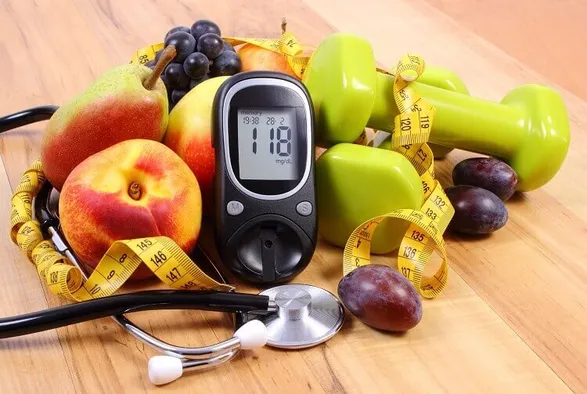
Diabetes is an ongoing condition that lasts over a lifetime. However, that does not mean one has to feel deprived. There are plenty of options available to make choices for healthy food although sugary and processed foods can trigger glucose levels, people can consume these foods in lesser quantities and include them in their balanced diet plan.
Carbohydrates
Carbohydrates are an important source of energy. This macronutrient also has the most influence on a person’s blood sugar or blood glucose. The Centers for Disease Control and Prevention (CDC) recommend that people with diabetes get about half of their daily calories from carbohydrates. Having the same amount of carbohydrates in each meal can help keep blood sugar levels stable.
Fast Food
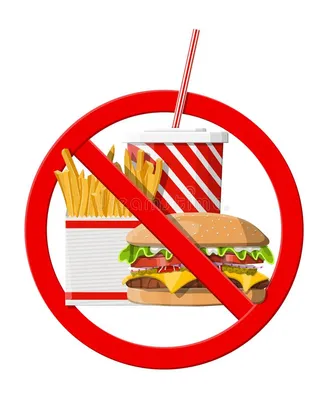
Drop that McDonald’s breakfast sausage and Egg McMuffin because you’re on the one-way road to better health! In a 15-year study consisting of 3,000 adults, it was found that those who ate fast food more than twice a week developed insulin resistance at twice the rate of those who didn’t consume fast food. Insulin resistance increases the risk of developing type 2 diabetes and prediabetes.
Energy Drinks

Caffeinated energy drinks (with 200 milligrams of caffeine) can cause blood glucose and insulin levels to spike by upwards of 30 percent and may lead to subsequent problems. According to one of the researchers behind the study, caffeine is at fault for your body’s inability to subsequently stabilize blood sugar as the stimulant persists in your system for four to six hours after consumption. The underlying mechanism behind caffeine’s influence on blood sugar is currently unknown
Alcohol

Drinking too much alcohol is linked with an increased risk of type 2 diabetes. As it is also high in calories, drinking lots can make it difficult if you are trying to lose weight. Current guidelines recommend not regularly drinking more than 14 units per week and that these units should be spread evenly over 3-4 days. Try to have a few days per week without any alcohol at all.
Whole Grains
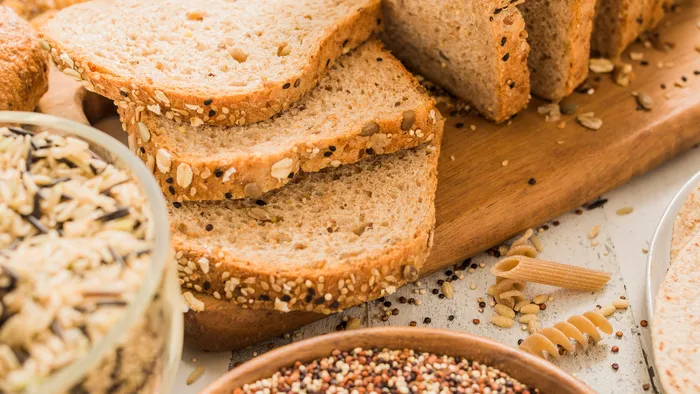
The highest whole-grain intake among men was associated with a 34 percent decreased risk of type 2 diabetes. Women who ate the most whole grains saw a 22 percent decreased risk. “Whole grains, which are fiber, can help with diabetes because fiber helps with insulin sensitivity”. “Fiber is harder to break down, and as a result, it stabilizes blood sugar, so you don’t get those spikes in blood sugar that you get with refined sugar.
Yogurt
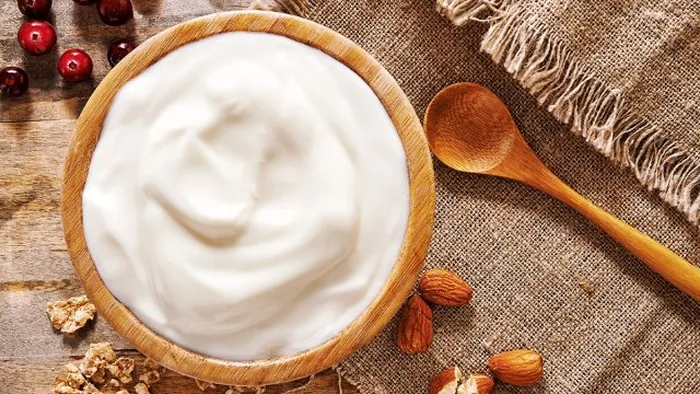
Because of its nutritional benefits, nutritionists often recommend that people with diabetes eat yogurt as part of a healthful diet.
Milk
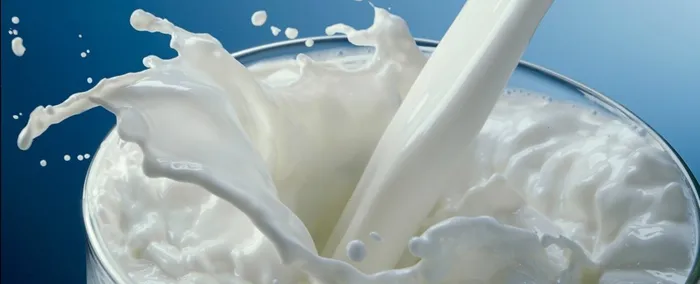
Many people have childhood memories of parents urging them to drink lots of milk. When you’re a child, you typically have to drink whatever milk your parents provided for you. It may have been a more traditional option such as whole milk or a sweet alternative such as almond milk.
If you have diabetes, you should know that not all types of milk are beneficial for you. Although you need the nutritious calcium and protein found in milk, it’s important to note the saturated fats, carbohydrates, and sugar levels in each.
Whole-grain bread
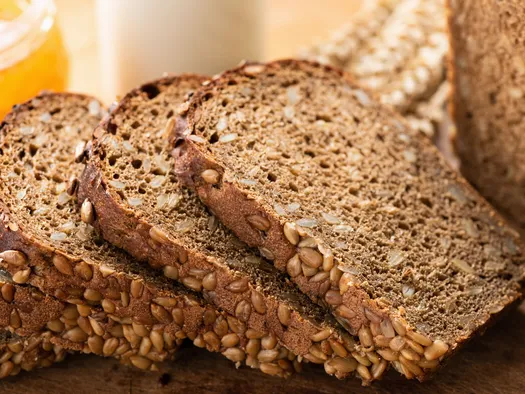
Choose whole-grain bread or 100 percent whole-wheat bread instead of white bread. White bread is made from highly processed white flour and added sugar.

